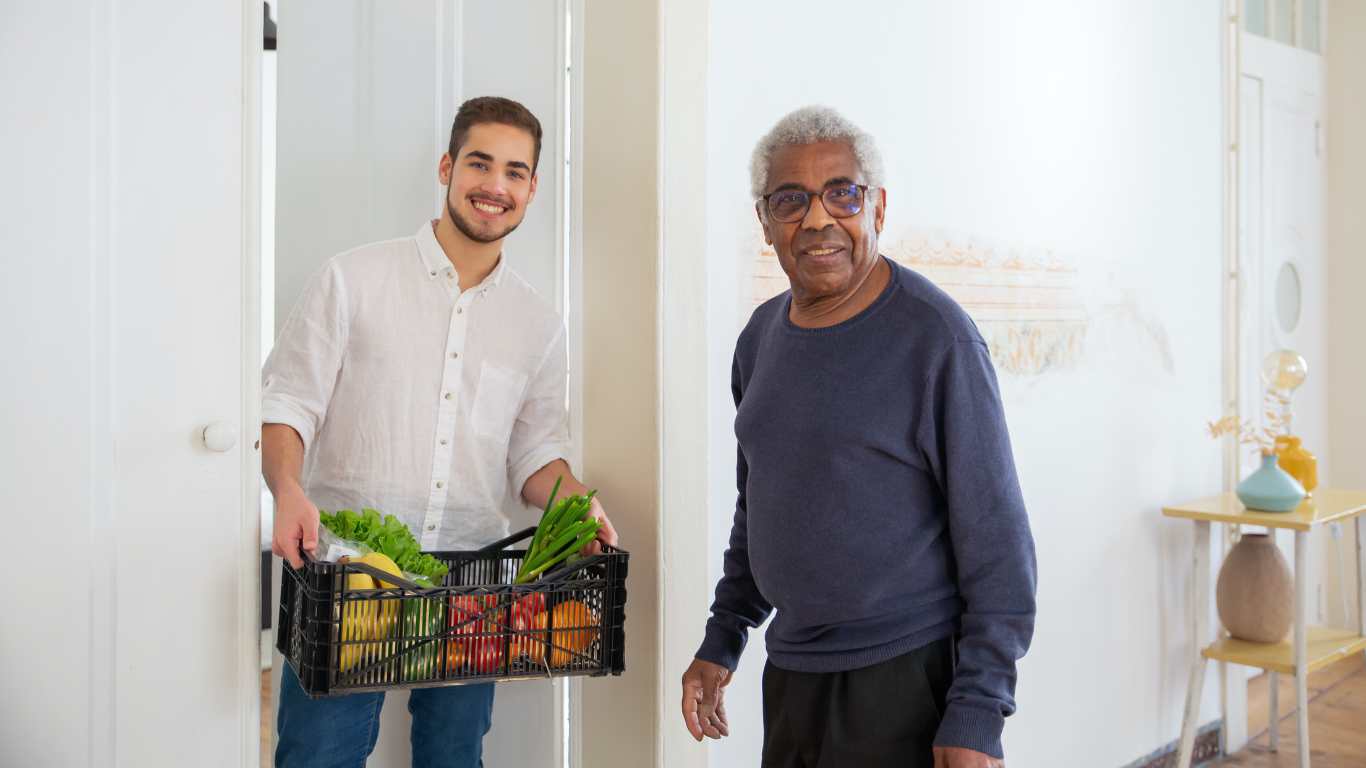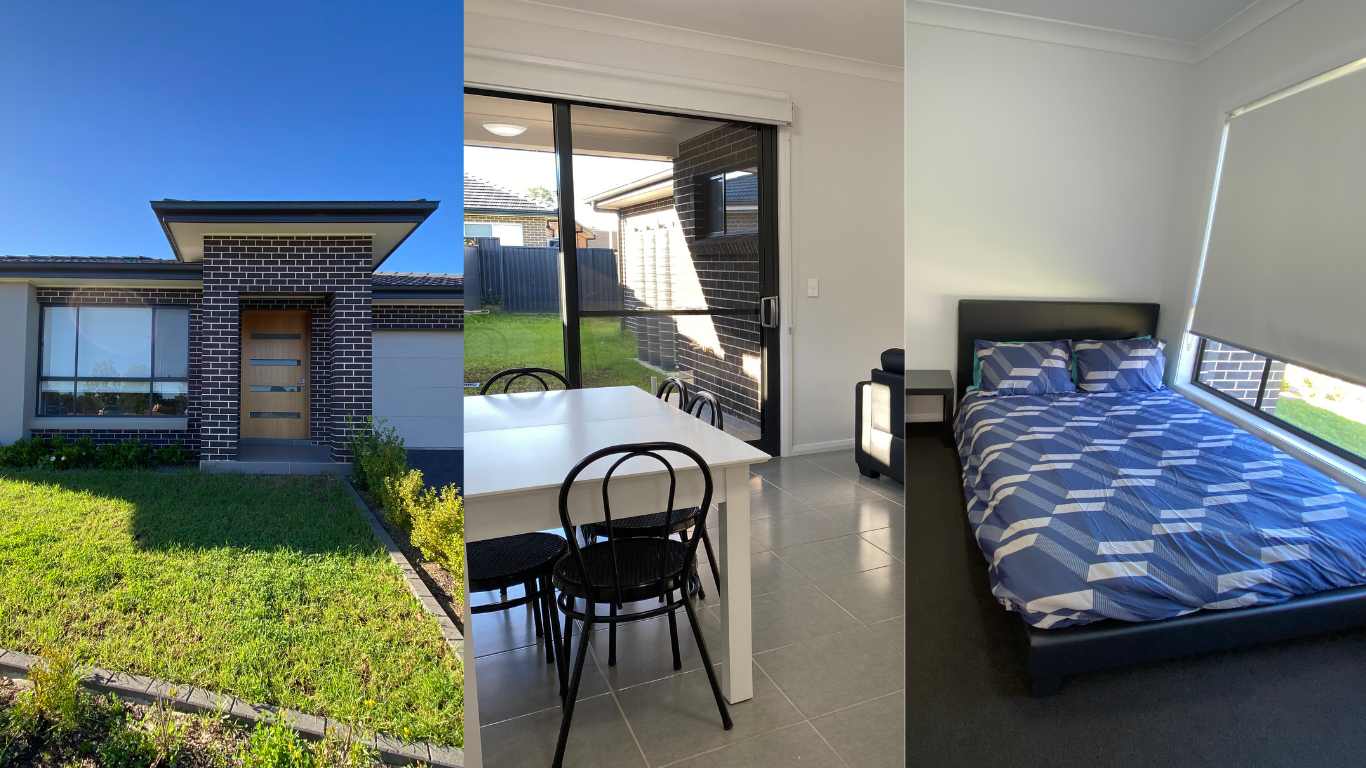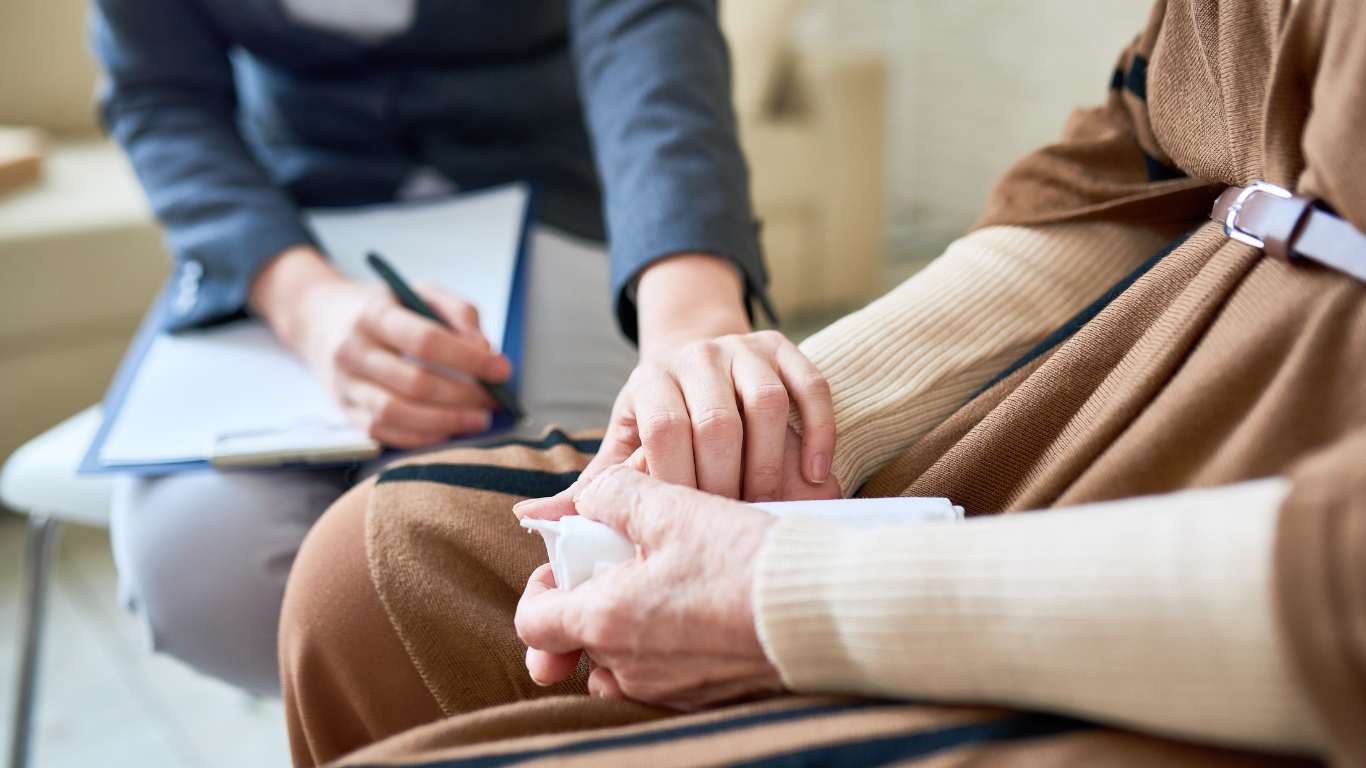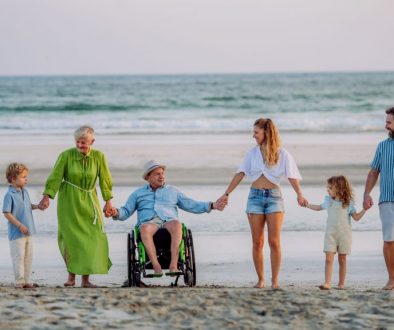Ever heard of Supported Independent Living as part of your NDIS plan? Here’s all you need to know to figure out whether this might be the right path for you to follow.
What is Supported Independent Living (SIL)?
Supported Independent Living refers to the support and NDIS care for those of age or who are currently living with illness or physical disabilities in a shared living arrangement. As an NDIS participant who would like to live more independently, Supported Independent Living (SIL) can assist you in achieving that goal. SIL provides around the clock (24 hour) day-to-day support to people with disabilities This involves help and supervision with daily tasks whilst at the same time, helping you to build your own skills in these areas and helping you live more independently.

What kinds of support do you receive with SIL?
There is a large range of support you receive in a SIL living situation. Here are some examples:
- Assistance with cooking and meal preparation
- Assistance with gardening
- Personal care such as showering and dressing
- Assistance with cleaning and laundry
- Accessing social and community activities
- Traveling to and attending appointments and more
- Support with grocery shopping
- Assistance with daily skills training
- Help to visit friends and family
- Help to manage money and household budgeting

What does the living arrangement and environment look like?
SIL is commonly provided in a shared living environment. Most NDIS participants who get SIL funding live with housemates who also have SIL funding. The support is provided to each person living in the same accommodation to suit their individual needs.
Depending on your needs and number of people in the SIL setting, there are three levels of supported accommodation.
Lower needs – generally provides supervision of living arrangements and support but is not usually 24/7
Standard needs – 24/7 support including assistance and/or supervision of most daily tasks and overnight sleepovers
Higher needs – frequent assistance to the individual with managing challenging behaviours, continual assistance with all daily tasks, management of complex medical needs such as ventilation and active support 24/7 including overnight support

How do I proceed to get SIL?
An Occupational Therapist will generally assess your situation and determine the level of support you require as well as whether you’re eligible for SIL funding.
Contact your support coordinator, who will work closely with you to find and connect you with the most suitable housing option and SIL provider.
The primary goal at Correlate Connections, as an NDIS SIL provider – is to ensure each client’s security & safety to be able to make individual life choices whilst also allowing you to live as independently as possible and enabling a better quality of life.
We are passionate about growing strong relationships that support you to live on your terms so you can reach the goals you’ve set for yourself. Speak to one of our specialists to find out more. Call (02) 4607 2697.
How do I find a SIL home?
It might take some time finding the right place for you. If you are looking to move out of home, there are a few steps that need to happen and key factors to consider.
Click HERE to see SIL homes offered in the MacArthur, Spring Farm and Werombi area in NSW.
Get help where needed
Contact us to receive more information about your options for Supported Independent Living in the Campbelltown area, Sydney NSW.
Got questions? Feel free to give us a call anytime, we’re here to help.
Read about the 6 Benefits of NDIS Support Coordination.





